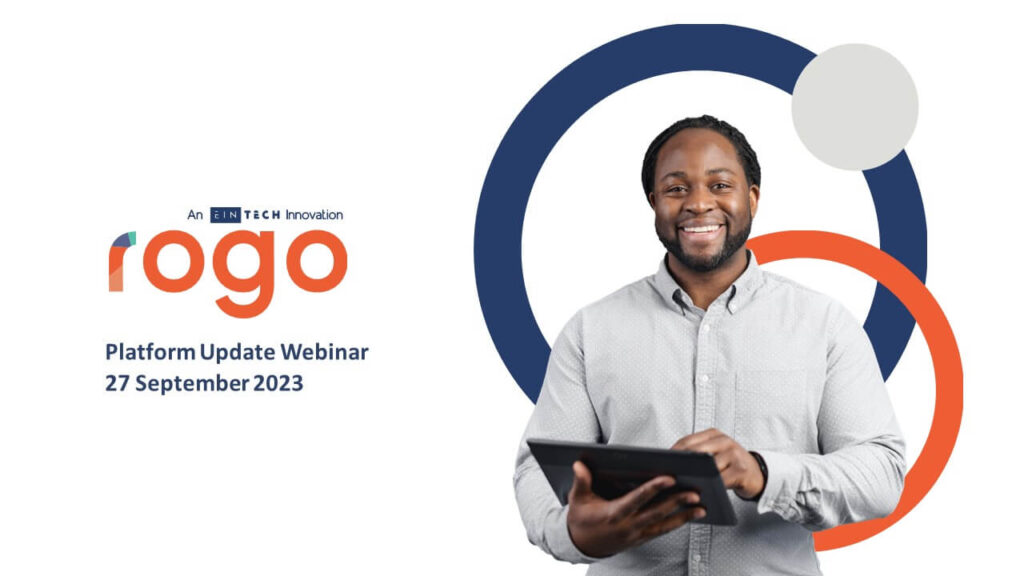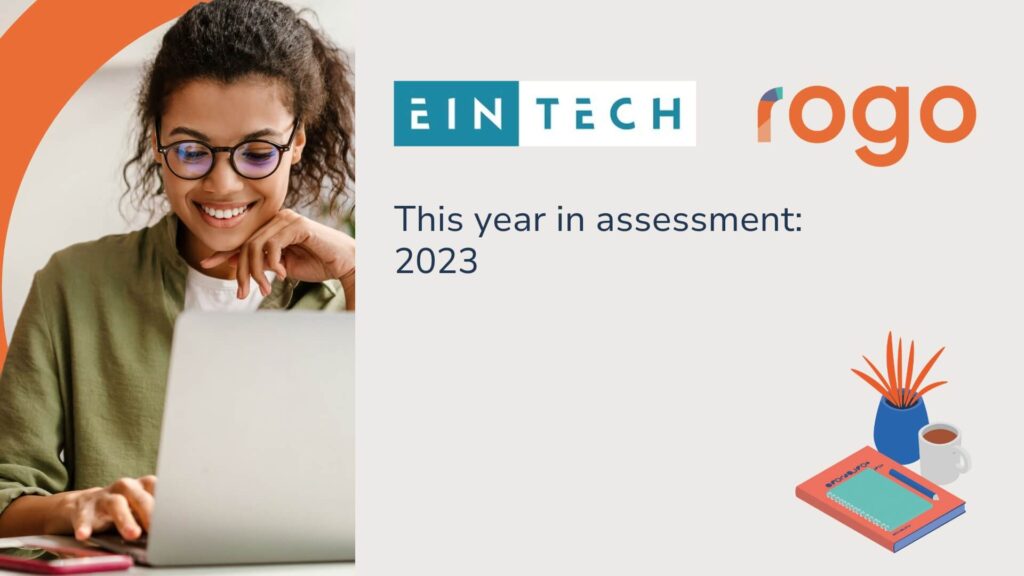With the rise of technology now a dominant factor in the majority of educational settings, it’s clear that the significant impact of the COVID-19 pandemic will continue to have a long-lasting effect on the EdTech sector as we continue to make the switch to digital learning.
The global EdTech sector is set to be worth $270bn and, with more examination boards turning to eAssessment than ever before, we can see trends emerging in the market. But what are these trends, and how can assessment organisations ensure that they remain at the forefront of the ever-evolving EdTech sector?
1: Remote invigilation
A top trend for eAssessment platforms and an instrumental factor in enabling the success of online assessment, remote proctoring allows assessors to trust that their exam integrity can be maintained from anywhere in the world. Using record and review technology, remote invigilation can greatly reduce the hours needed from in-person assessors, as well as increasing flexibility for candidates to complete their assessments from anywhere in the world.
Remote invigilation is crucial for bridging the opposing requirement for fair assessment and the increasing desire for flexibility from students and assessors alike. eAssessment software that offers simultaneous software streams helps to ensure a truly fair testing environment for candidates, regardless of location – future proofing your eAssessment strategy as the trend continues to grow.
2. Artificial Intelligence
Predicted to lead the fourth industrial revolution, artificial intelligence tools are trending in just about every industry – and in the EdTech sector, AI is showing no signs of slowing down. AI marking is one of the ways online assessment platforms can offer examiners more flexibility with their time and workload, as it can ‘read’ and assess candidate answers. And it isn’t just multiple choice or short-form questions that AI can mark – longer-form answers and written work can also be recognised by the technology.
For more specialised subjects, such as accountancy and finance, it’s essential that assessors have the freedom to structure their questions and marking tools in a way that best suits the subject matter. In a recent survey conducted by our parent company, Eintech, marking automation was considered to be one of the biggest benefits for assessors, allowing them to further concentrate on their workloads and assessment strategy.
As eAssessments continue to grow as a viable assessment option for specialised subjects, the ability for platforms to automate their services in an intelligent way will become more and more important. AI marking is one of the first steps in this, but the trend for machine learning is set to keep expanding to new horizons.
3. Customisation
Assessments can vary greatly depending on the subject, skill level, and format, so it’s no surprise that eAssessment platforms need to be adaptable if they are going to keep up with demand. Assessments need to be tailored around the unique requirements of a qualification, so it’s important that online assessment platforms are able to offer a customised solution. Branded assessments, bespoke question types and platform customisation are all examples of features that assessors will be increasingly interested in as this trend develops.
Here at Rogo, we understand the importance of customisation for ensuring a seamless online assessment experience. That’s why we ensure that your eAssessment reflects your organisation by offering custom branding as standard. From adding branded sub-portals to your assessment to providing a range of language options, we believe that you should never be limited by customisation.
Although traditional in-person assessment is unlikely to completely disappear anytime soon, the switch to online assessment is a strategic decision for any organisation looking to stay ahead of the curve. And in such a fast-moving market, keeping on top of the trends is especially important.
Over the past five years, UK schools have spent £1bn on digital learning tools alone and, with the EdTech sector showing no signs of slowing down, it’s essential that course providers continue to adapt to the ever-changing landscape. If you would like to find out more about how your organisation can benefit from eAssessments, check out our dedicated eAssessment webpage or get in touch to request a demo.


